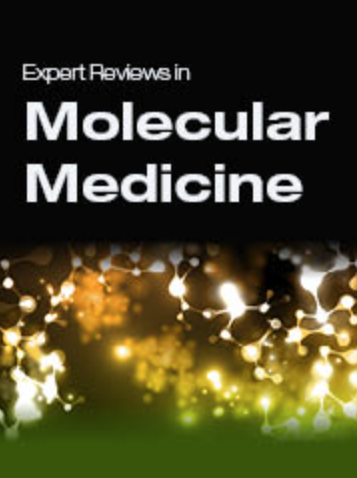Reduced melatonin levels may facilitate glioblastoma initiation in the subventricular zone
IF 4.5
2区 医学
Q1 BIOCHEMISTRY & MOLECULAR BIOLOGY
引用次数: 3
Abstract
Abstract There is increasing evidence that glioblastoma, a highly aggressive brain tumour, originates from a neural stem cell (NSC) located in the subventricular zone (SVZ) of the lateral cerebral ventricle. Using the most advanced in vivo imaging techniques, Gengatharan and colleagues recently identified a day/night difference in the adult SVZ-NSC division. They reported that the circadian melatonin rhythm and its receptor control the day/night difference in NSC division with high mitotic activity during the day and low activity at night. Expression of melatonin and its receptor diminishes during ageing, which eliminates the regulatory effect of melatonin on NSC mitosis. Moreover, the circadian melatonin rhythm is dampened by light-at-night with the potential of altering the circadian mitotic cycle of NSC in the SVZ. Also, men with a lower melatonin amplitude than women exhibit a 60% higher rate of glioblastoma incidence. Given that ageing contributes significantly to glioblastoma initiation and progression, we suggest that the decline in circadian melatonin synthesis and release as well as its receptors in the SVZ, which also diminish with an ageing act in concert with other factors to facilitate glioblastoma initiation and growth.褪黑激素水平降低可能促进室下区胶质母细胞瘤的发生
越来越多的证据表明,胶质母细胞瘤是一种高度侵袭性的脑肿瘤,起源于位于侧脑室室下区(SVZ)的神经干细胞(NSC)。利用最先进的体内成像技术,Gengatharan和同事最近发现了成人SVZ-NSC区域的昼夜差异。他们报告说,褪黑素昼夜节律及其受体控制着NSC分裂的昼夜差异,白天有丝分裂活性高,晚上活性低。褪黑素及其受体的表达随着年龄的增长而减少,从而消除了褪黑素对NSC有丝分裂的调节作用。此外,昼夜褪黑激素节律受到夜间光线的抑制,有可能改变SVZ中NSC的昼夜有丝分裂周期。此外,褪黑素水平较低的男性患胶质母细胞瘤的几率比女性高60%。鉴于衰老对胶质母细胞瘤的发生和发展起着重要的作用,我们认为,随着年龄的增长,SVZ中昼夜褪黑激素的合成和释放以及受体的减少也会与其他因素一起减少,从而促进胶质母细胞瘤的发生和生长。
本文章由计算机程序翻译,如有差异,请以英文原文为准。
求助全文
约1分钟内获得全文
求助全文
来源期刊

Expert Reviews in Molecular Medicine
BIOCHEMISTRY & MOLECULAR BIOLOGY-MEDICINE, RESEARCH & EXPERIMENTAL
CiteScore
7.40
自引率
1.60%
发文量
45
期刊介绍:
Expert Reviews in Molecular Medicine is an innovative online journal featuring authoritative and timely Reviews covering gene therapy, immunotherapeutics, drug design, vaccines, genetic testing, pathogenesis, microbiology, genomics, molecular epidemiology and diagnostic techniques. We especially welcome reviews on translational aspects of molecular medicine, particularly those related to the application of new understanding of the molecular basis of disease to experimental medicine and clinical practice.
 求助内容:
求助内容: 应助结果提醒方式:
应助结果提醒方式:


